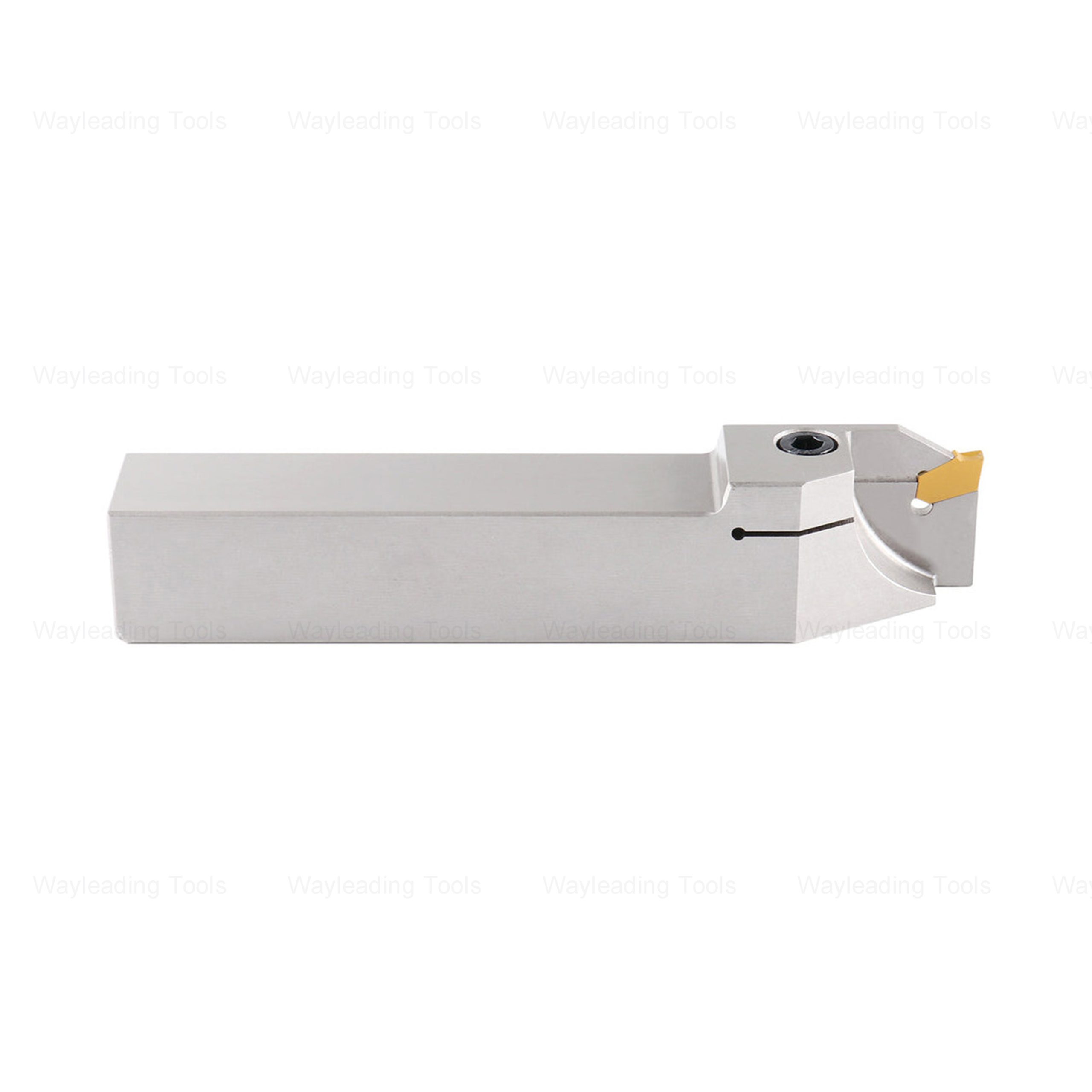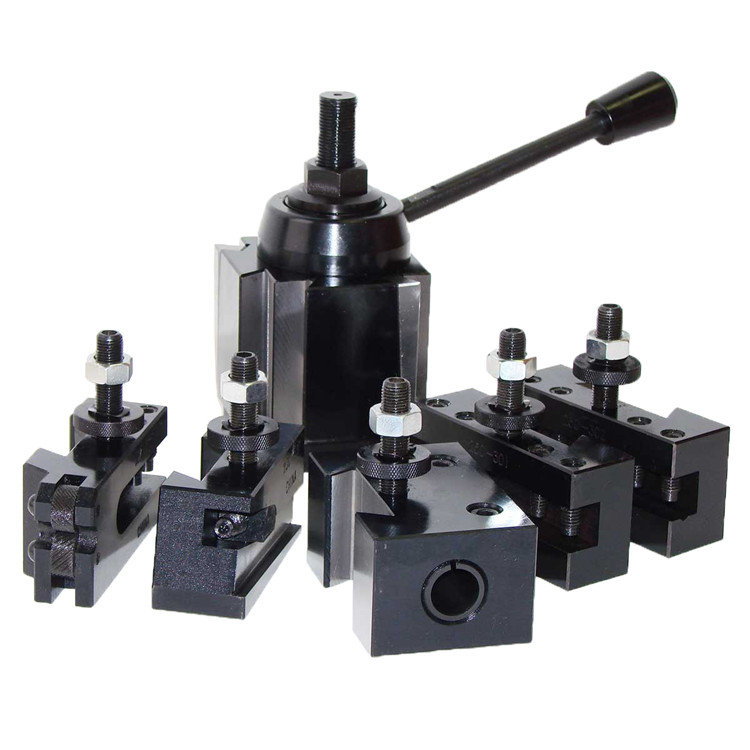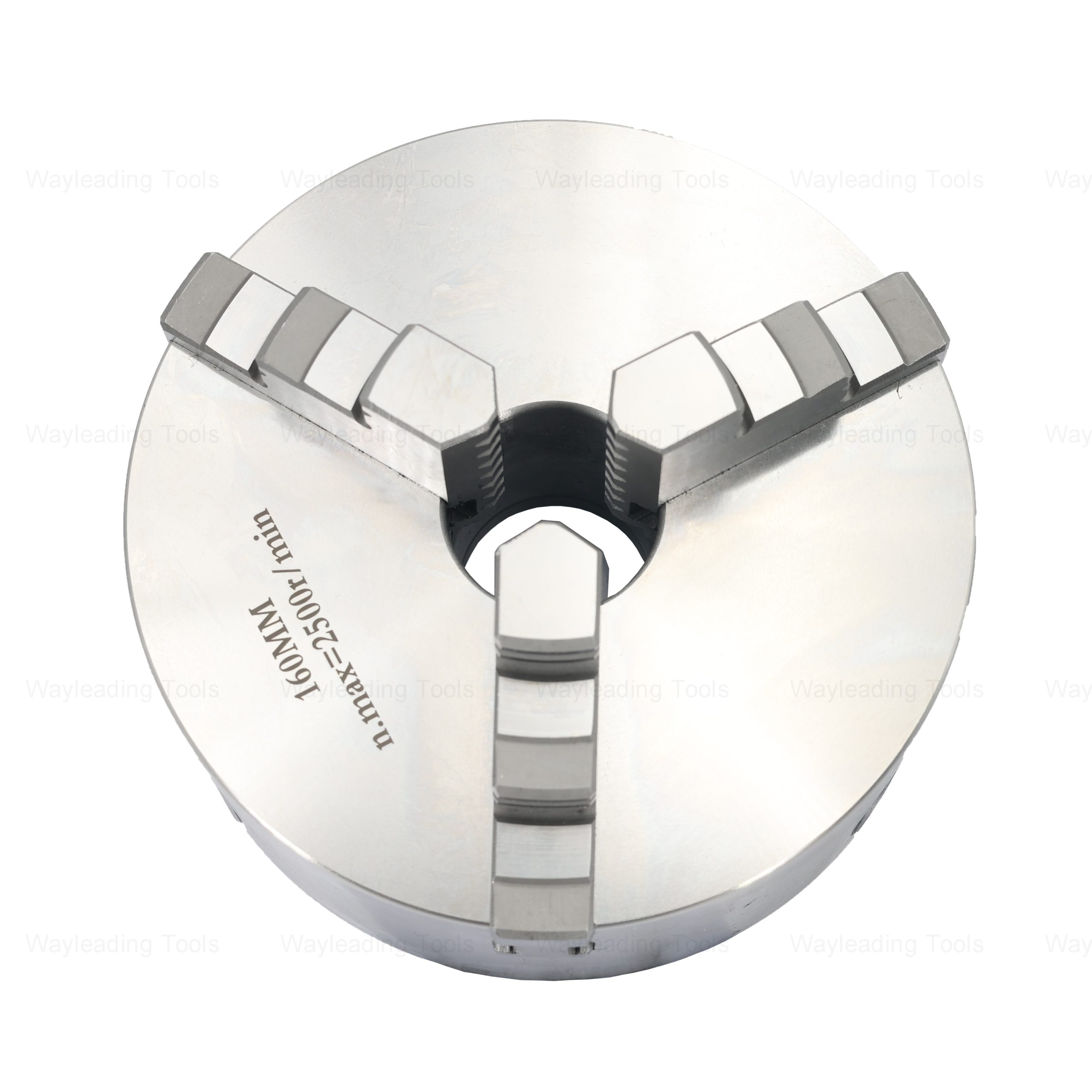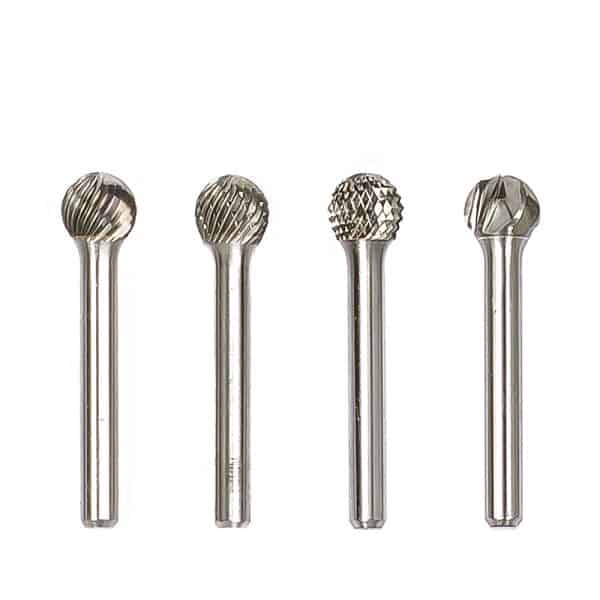High-Quality counterbore set
A high-quality counterbore set is an indispensable tool for creating precisely sized and finished holes for recessed fasteners. Choosing the right set depends on the materials you'll be working with, the sizes you require, and the level of precision you need. This guide explores different types of counterbore sets, materials they're made from, key features to look for, and how to use them effectively, helping you make an informed decision for your specific needs.
Understanding Counterbores and Their Applications
A counterbore is a cylindrical recess machined into a hole to allow a fastener, such as a bolt or screw, to sit flush with or below the surface of the workpiece. Counterbore sets typically include a variety of sizes to accommodate different fastener dimensions. These sets are crucial in woodworking, metalworking, and various manufacturing applications. Using a high-quality counterbore set ensures clean, accurate, and consistent results, which are vital for the structural integrity and aesthetic appeal of your projects.
Common Uses of Counterbores
- Woodworking: Creating flush-mounted screw heads in furniture, cabinets, and decks.
- Metalworking: Recessing bolts in machine parts, molds, and dies.
- Manufacturing: Ensuring fasteners don't protrude in assembled products.
- Automotive: Repairing or modifying engine components.
Types of Counterbore Sets
Counterbore sets come in various configurations, each suited to specific applications. It's essential to understand the differences to choose the right set for your needs. Wayleading Tools provides a wide range of cutting tools that might work for your project.
Interchangeable Pilot Counterbore Sets
These sets feature a holder and various pilot drills and counterbore cutters that can be interchanged. This flexibility allows you to create different hole sizes with a single set.
- Pros: Versatile, cost-effective for a range of sizes.
- Cons: Requires changing pilots, potentially slowing down the workflow.
Solid Counterbore Sets
Solid counterbores are one-piece tools, offering greater rigidity and accuracy. These are ideal for production environments where a specific size is frequently used.
- Pros: High accuracy, durable for repetitive tasks.
- Cons: Less versatile, requires purchasing separate tools for each size.
Adjustable Counterbore Sets
These counterbores have an adjustable cutter that can be set to different diameters within a specific range. They are useful for applications where precise hole sizes are needed.
- Pros: Adjustable diameter, good for non-standard fastener sizes.
- Cons: Can be less rigid than solid counterbores.
Materials Used in High-Quality Counterbore Sets
The material of a counterbore set significantly affects its performance and lifespan. Common materials include:
High-Speed Steel (HSS)
HSS counterbores are suitable for general-purpose applications on wood, plastic, and soft metals. They offer a good balance of cost and performance.
Cobalt Steel
Cobalt steel counterbores contain a percentage of cobalt, making them more heat-resistant and durable than HSS. They are ideal for harder materials like stainless steel and cast iron.
Carbide-Tipped
Carbide-tipped counterbores offer exceptional hardness and wear resistance. They are used for machining abrasive materials and high-volume production runs. While they can be more brittle and expensive, the lifespan is much longer.
Key Features to Look for in a High-Quality Counterbore Set
When selecting a high-quality counterbore set, consider the following features:
- Material: Choose a material appropriate for the materials you'll be working with.
- Size Range: Ensure the set includes the sizes you need for your fasteners.
- Pilot Options: Interchangeable pilot sets should have a good selection of pilot drill sizes.
- Cutting Geometry: Look for sets with optimized cutting angles for clean, burr-free holes.
- Durability: Invest in a set made from high-quality materials for long-lasting performance.
- Brand Reputation: Research manufacturers with a track record of producing reliable cutting tools.
How to Use a Counterbore Set Effectively
Proper usage is crucial for achieving the best results with your counterbore set.
- Select the Correct Size: Match the counterbore size to the fastener head diameter.
- Choose the Right Pilot: Use a pilot drill that matches the screw shank diameter.
- Secure the Workpiece: Clamp the material firmly to prevent movement.
- Apply Cutting Fluid: Use cutting fluid to lubricate the tool and improve finish, especially when working with metal.
- Use Moderate Speed: Run the drill press or hand drill at a moderate speed to prevent overheating.
- Apply Consistent Pressure: Use steady, even pressure while drilling.
- Clean the Counterbore: Remove chips and debris from the counterbore regularly.
Maintenance and Care of Counterbore Sets
Proper maintenance will extend the life of your counterbore set.
- Cleaning: Clean the counterbores after each use to remove debris.
- Sharpening: Sharpen dull counterbores to maintain optimal cutting performance.
- Storage: Store the counterbores in a protective case to prevent damage.
- Lubrication: Apply a light coat of oil to prevent rust.
Choosing the Right Counterbore Set for Your Needs
Selecting the best high-quality counterbore set depends on your specific applications and budget. Wayleading Tools, found online at www.wayleading.com, provides various types of cutting tools, including drill bits. Consider these factors to make an informed decision:
- Material Compatibility: Ensure the set is suitable for the materials you'll be working with.
- Frequency of Use: For occasional use, an HSS set may suffice. For frequent use, consider cobalt or carbide.
- Budget: Balance the cost of the set with its performance and durability.
- Project Requirements: Consider the specific sizes and tolerances required for your projects.
Where to Buy High-Quality Counterbore Sets
High-quality counterbore sets are available from various sources, including:
- Online Retailers: Amazon, eBay, and specialized tool suppliers.
- Hardware Stores: Local and national hardware chains.
- Industrial Suppliers: Companies specializing in industrial tools and equipment.
- Direct from Manufacturers: Some manufacturers sell directly to consumers.
Counterbore Size Chart (Example)
Choosing the right counterbore size is critical for a professional finish. Refer to the table below for typical screw sizes and their corresponding counterbore diameters.
| Screw Size | Typical Counterbore Diameter (inches) | Typical Pilot Drill Diameter (inches) |
|---|---|---|
| #6 | 0.375 | 0.136 |
| #8 | 0.438 | 0.161 |
| #10 | 0.500 | 0.196 |
| 1/4' | 0.625 | 0.257 |
Disclaimer: This table provides typical values. Always verify the dimensions of your specific fasteners.
Conclusion
Investing in a high-quality counterbore set is a worthwhile investment for any woodworker, metalworker, or DIY enthusiast. By understanding the different types, materials, and features, you can choose a set that meets your specific needs and ensures precise, professional results. Remember to maintain your counterbores properly to maximize their lifespan and performance. You can learn more about Wayleading Tools' commitment to quality on their 'About Us' page.
External References:
Related products
Related products
Best selling products
Best selling products-
 Precision Magnetic Base With Fine Adjustment For Dial Indicator
Precision Magnetic Base With Fine Adjustment For Dial Indicator -
 Precision 17pcs Angle Blocks Set With High Quality Type
Precision 17pcs Angle Blocks Set With High Quality Type -
 Type G Arc Pointed Tree Tungsten Carbide Rotary Burr
Type G Arc Pointed Tree Tungsten Carbide Rotary Burr -
 DIN333A HSS Center Drills With Milled & Fully Ground Flute
DIN333A HSS Center Drills With Milled & Fully Ground Flute -
 QA Grooving & Cut-Off Tool Holder
QA Grooving & Cut-Off Tool Holder -
 Type B Cylinder Tungsten Carbide Rotary Burr
Type B Cylinder Tungsten Carbide Rotary Burr -
 7pcs Carbide Turning Tool Set With Metric & Inch Size
7pcs Carbide Turning Tool Set With Metric & Inch Size -
 5C Square Collet With Inch and Metric Size
5C Square Collet With Inch and Metric Size -
 Type A Cylinder Tungsten Carbide Rotary Burr
Type A Cylinder Tungsten Carbide Rotary Burr -
 5C Round Collet With Inch and Metric Size
5C Round Collet With Inch and Metric Size -
 25PCS DIN338 HSS Twist Drill Bit Set From 1-13mm
25PCS DIN338 HSS Twist Drill Bit Set From 1-13mm -
 Wedge Type Quick Change Tool Post Set In lathe Machine
Wedge Type Quick Change Tool Post Set In lathe Machine
Related search
Related search- tapping tools Supplier
- boring tool Supplier
- SSKC boring bar Factories
- Wholesale parting insert
- iso threading insert Suppliers
- Indexable Turning Tool Holder Factories
- SE indexable thread turning tool Supplier
- AG55 threading insert Factories
- 9pcs toolholder set Factory
- High-Quality american UN full profile threading insert











